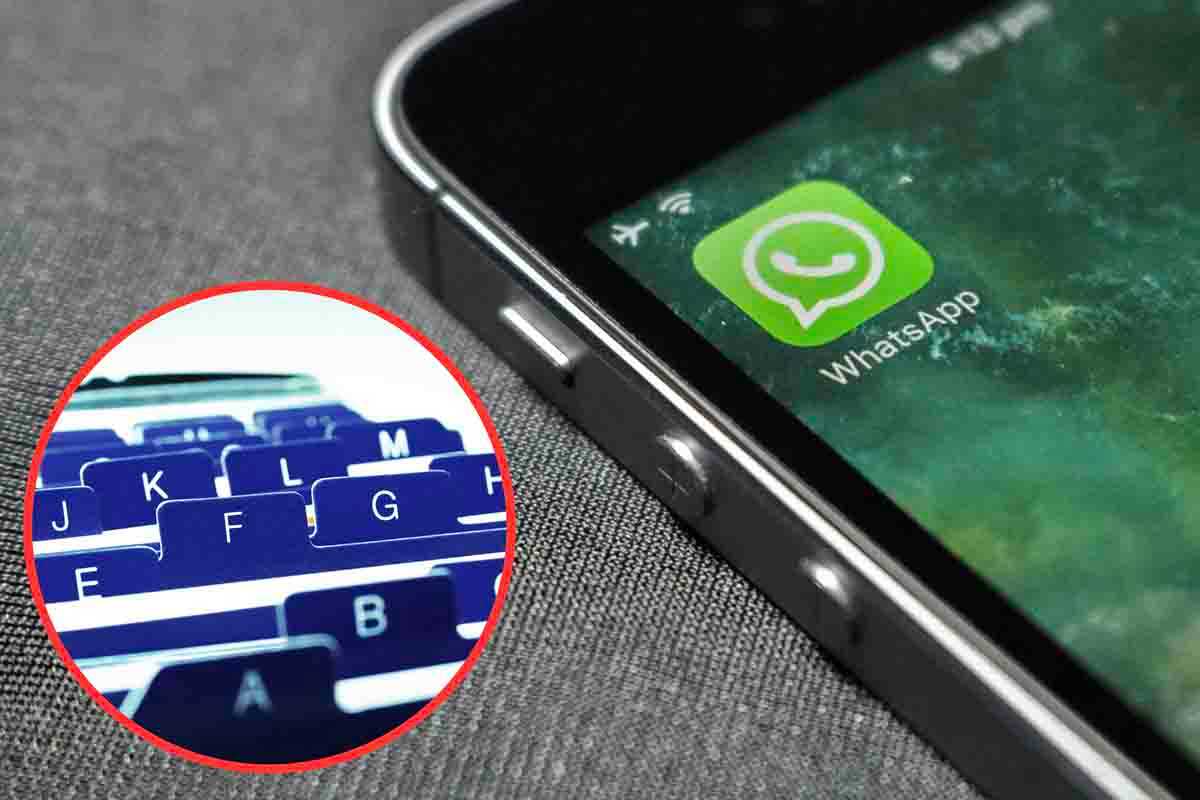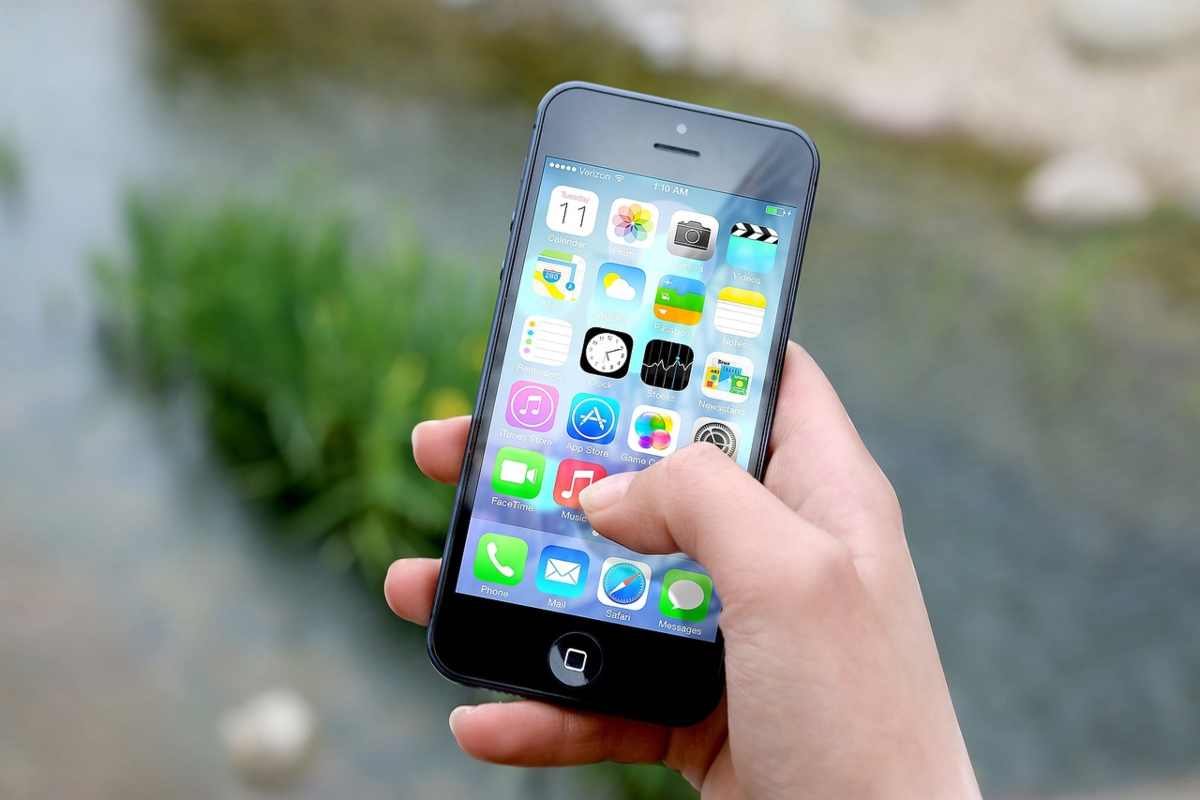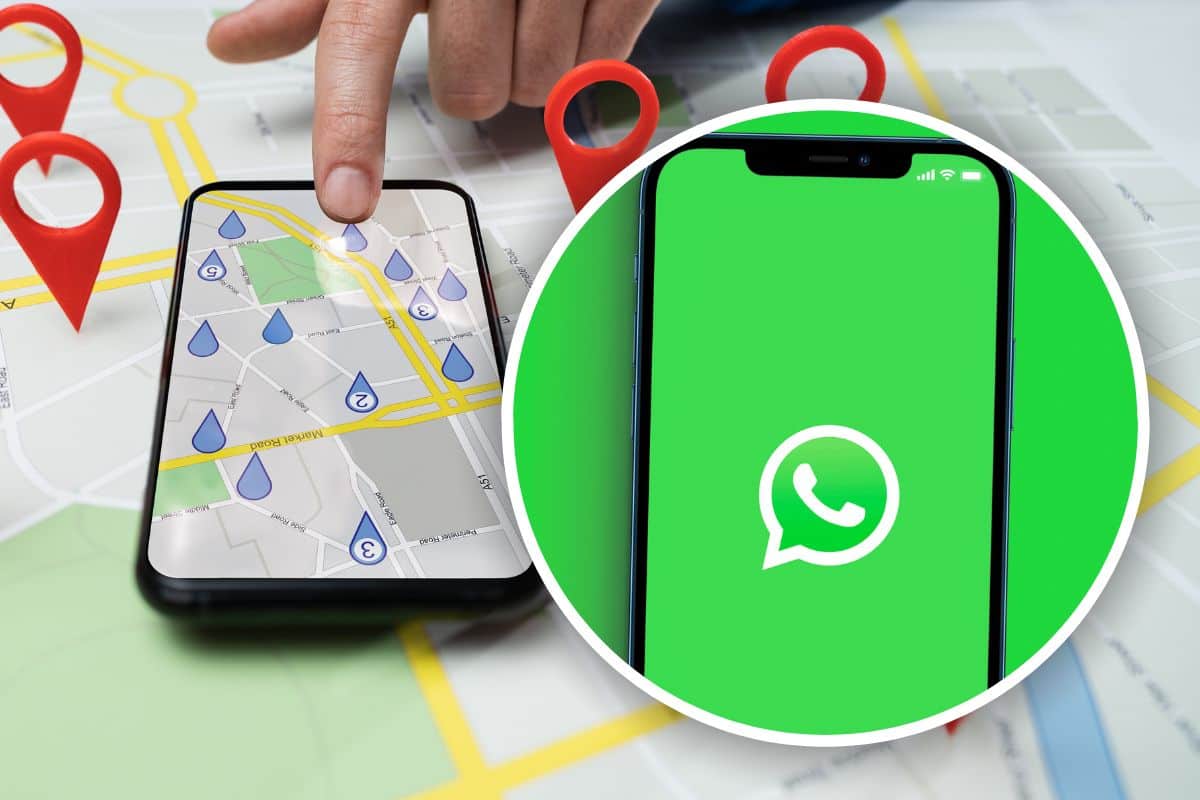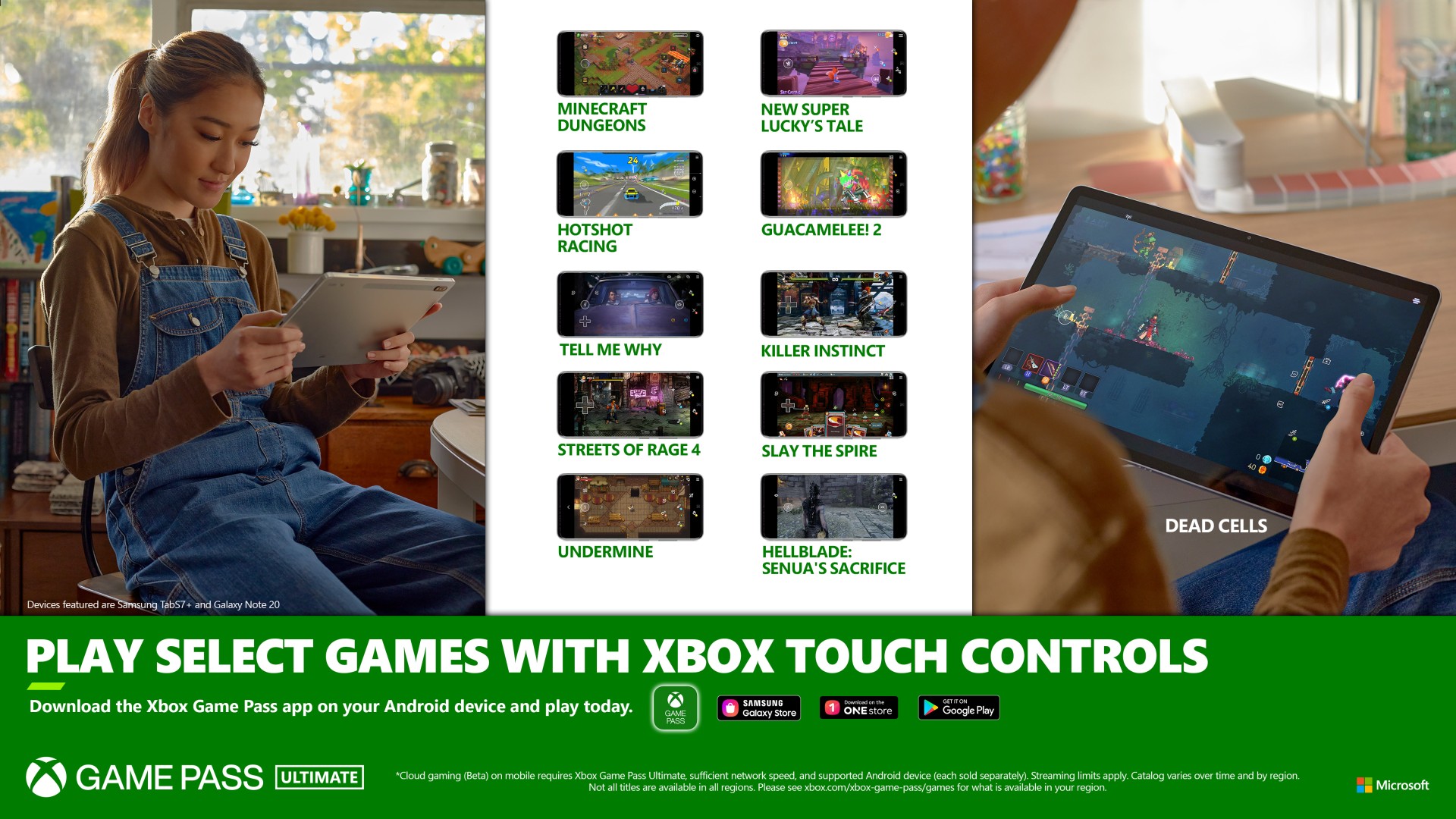“The latest Qualcomm processor and a clever second screen system give the TicWatch 3 Pro good performance and long battery life, curing two common Wear OS problems.”
- Three-day battery life
- Latest Snapdragon Wear 4100 processor
- Fast performance
- Always-on screen now has a backlight
- Wear OS still frustrates
- No color or strap choices
The most exciting thing about the Mobvoi TicWatch 3 Pro is what’s inside. It’s the first smartwatch available with Qualcomm’s Snapdragon Wear 4100 processor, hoped by many to be Wear OS’s savior with its greater power and increased efficiency, and a whopping great big battery for some serious stamina.
Yes, the Snapdragon Wear 4100 is a massive improvement over the geriatric Snapdragon Wear 3100, and it really does make Wear OS more usable than ever before. However, it’s not the magic bullet that will help it kill the Apple Watch or Samsung’s Galaxy Watch 3. Let’s get into it.
Design
Mobvoi seems to have an aversion to changing the Pro-series design. The TicWatch 3 Pro is a definite improvement over the first TicWatch Pro, but it’s a shame the knurled bezel and buttons from the Pro 4G/LTE model haven’t been carried over. It’s sleeker though, and certainly not ugly. It’s just a little bland with the single black color scheme. I’m going to wear this every day, and the best wearables are an extension of your other fashion choices, so I’d really like more of a choice.

The watch is relatively compact with a 47mm case that weighs 41.9 grams, but there’s no question about it being a masculine shape. I can’t see the watch suiting women or anyone with smaller wrists. The body and the case back are made of plastic and don’t feel especially expensive, while the bezel is stainless steel, and the strap is silicone with an orange stitch running down it. It’s soft and comfortable and didn’t get sweaty either.

There are two buttons on the case, with the top opening the menu and the lower button mapped to the TicExercise app out of the box, but it can be changed to the app of your choice. The top button on my review watch is very stiff and hasn’t freed up over time, making it awkward and uncomfortable to press. The lower button is far better, making me a little wary about overall build quality. That said, the watch has been otherwise reliable.
Screen
The design is a bit of a damp squib, but the screens are masterstrokes. That’s right, screens. The TicWatch Pro 3 has a bright and colorful 1.4-inch AMOLED screen with a 454 x 454-pixel resolution for Wear OS, and a second FSTN LCD screen which acts as the watch’s always-on screen. You’d never know there were two screens, it adds no additional size or weight, but it reduces power draw and is much more readable in different lighting conditions.

It’s the signature feature of the TicWatch Pro series, and Mobvoi has redesigned the screen’s layout for the TicWatch 3 Pro so it’s more uniform, plus it has added a backlight for clarity in low light. It makes a big difference.

The FTSN LCD shows the time, date, battery level, and step count and is all you need from an always-on screen, I can see it in daylight and in the dark, and doesn’t seem to adversely affect the battery life at all.
Battery
Astonishingly, the TicWatch Pro 3’s 595mAh battery lasts for three days before it needs a recharge. I didn’t quite believe this at first and made a particular point of checking settings, monitoring use, and counting the days it was working on my wrist. Not only did I repeatedly get three days’ life from it including an hour of exercise tracking on two of them, but with lighter use, it was still going on the fourth day. Battery life on many other Wear OS smartwatches rarely wheezes past a full day, so to get three days is something to be celebrated.

This is almost unheard of outside previous TicWatch Pro models and the Casio Pro Trek WSD-F30, which also adopts the second-screen hardware approach to maintain an always-on view. It’s sad we don’t see the dual-screen hardware setup used on more smartwatches, as it’s clearly effective. The Snapdragon 4100 also plays a big part, with Qualcomm stating it has reduced power consumption by 25%. Both Mobvoi and Qualcomm have really come together and made a genuine improvement to smartwatch battery life.
Qualcomm and Mobvoi really came together and made a genuine improvement in battery life.
If you still want more, there’s the Essential Mode, which switches off the OLED screen and relies on the LCD for the time, but still carries on counting steps and monitoring sleep. Mobvoi claims this will provide an excellent 45 days of use, up from 30 days claimed by other smartwatch makers. You really can take the TicWatch 3 Pro away for a long weekend and not bother taking the charger and still use both screens, or disappear into the wilderness for a month and still have the time on your wrist at the end of it.
The only downside is the charging, which is slow compared to some competing Wear OS watches, and takes about an hour and 40 minutes to go from 5% to full. But this aside, the TicWatch 3 Pro’s battery life, through the hardware and its improved Essential mode, really impresses and is a genuine reason to buy this smartwatch over many others.
Performance and software
Everything works quickly. If that sounds like a given with a modern piece of tech, you’ve never used a Wear OS watch with 512MB of RAM. The Snapdragon Wear 4100 and 1GB of RAM combo here means things work when you want them to. Apps open quickly, you can scroll through Google Maps, and watch faces switch in the blink of an eye. It’s a world apart from the worst Snapdragon 3100 watches and a really great sign for the future of Wear OS.
The bump in performance should mean a slicker experience all around, right? That’s what I thought, but the TicWatch 3 Pro is in need of some optimization. Without a rotating crown or bezel, the menus require swipes, and there’s something rather muddy about the TicWatch’s software. It doesn’t flow like it should, and usually requires a lot more swiping than I’d like. It also sometimes misinterprets taps and swipes, leading me to options I didn’t select, and then slowing down because it is confused.
You have to mess around with the settings a little too, just to make it more usable. Tilt-to-wake is not active as standard and is essential, otherwise when notifications come through you have to physically tap the screen to switch it from the always-on second screen. Mobvoi has made its own Wear OS launcher standard, and although it’s fine, I prefer the look of the standard Google launcher and you have to dig into the settings to change it over.
The software is still in need of some optimization — there are usability issues.
Then there are the many Mobvoi apps that are installed. There’s Ticbreathe, TicExercise, TicHealth, TicHearing, TicOxygen, and TicKitchenSink (maybe). All require you to make a Mobvoi account, and the generic ones really don’t offer anything more than Google Fit. You do need the TicOxygen app to measure blood oxygen levels (Sp02) though, and it’s attractive and fast, although there are continued question marks over the accuracy and usefulness of this metric for most people.
Wear OS’s notifications are also terrible, perhaps even worse on the TicWatch than on others I test. I received a low percentage of notification alerts when connected to the LG Wing and the OnePlus 8T. It’s so hit-or-miss too. Without the Outlook app installed on the watch, I don’t get any Outlook notifications, but even with it installed I still don’t get all of them. Incredibly frustrating. I wore the TicWatch Pro 3 right after reviewing the Apple Watch Series 6, where 100% of notifications arrived, so Wear OS’s silence was even more jarring.
Health tracking
Most of Mobvoi’s own apps are related to health and activity tracking, and many replicate Google Fit’s functionality. There are some benefits to using them though. TicHealth provides more data on your wrist than Fit without the need to visit the app on your phone, and I like the overall design of TicBreathe and TicZen, although the stress measurement test takes a long time to perform. There’s a sleep tracking app too, but I didn’t find the watch comfortable enough to wear through the night.
The TicWatch 3 Pro has a heart rate sensor, GPS built-in, an IP68 water resistance rating for use in the pool, and the Sp02 blood oxygen measurement. Google Fit works with all these sensors and is attractive and easy to use. The data collected is logically laid out in the Fit app on your phone, but it won’t be in-depth enough for the truly dedicated fitness fan, and Mobvoi’s own collection of apps do not alter this.
Overall, the TicWatch 3 Pro does a good job as a casual fitness tracking system, and I like the way you can concentrate daily goals on heart points rather than steps which seems to be a better way to assess the effectiveness of your daily activity.

What the TicWatch 3 Pro doesn’t do is offer much outside of any other smartwatch when it comes to activity tracking or additional sensors. It’s competent and totally acceptable for someone like me, who wants quickly digestible data and fast-to-activate workout-tracking, but not for someone who wants comprehensive, hardcore sports training data.
Price and availability
The TicWatch 3 Pro costs $299 or 289 British pounds, and is available now from Amazon.
Our Take
The TicWatch 3 Pro shows there is life in Wear OS hardware, but it also reminds us that Google’s software still holds even the most capable watch back. Mobvoi’s smartwatch isn’t the prettiest you can buy, but it does many things right, from the second always-on screen to the use of the Qualcomm Snapdragon Wear 4100. What this means to you is more convenience, longer battery life, and faster apps.
Is there a better alternative?
If you want the Snapdragon Wear 4100, then the TicWatch 3 Pro is your only choice. This situation means it does stand alone at the moment, and only a dislike of the design should make you consider another Wear OS smartwatch.
However, Wear OS still frustrates, and you can buy better smartwatches that don’t use Google’s software. We recommend the Samsung Galaxy Watch 3 for Android phone owners, and the Apple Watch SE or Series 6 for iPhone owners.
How long will it last?
You’re getting the only smartwatch currently available with the Snapdragon Wear 4100, Qualcomm’s very latest smartwatch platform, therefore it’s the best bet in terms of longevity when looked at in terms of power. The watch has an IP68 water resistance rating, and the reinforced nylon body should prove to be very tough. The quick-release strap is easy to change if you don’t like it, or if it breaks.
The only question mark is over the software. Google delivers updates to Wear OS regularly, but they rarely contain major new features, but due to the large amount of Mobvoi software onboard, the watch will need ongoing support from both companies to remain up-to-date. Regardless, you can buy the TicWatch 3 Pro with confidence it’ll last for two years or more.
Should you buy one?
Yes, the advantages of the Snapdragon Wear 4100, the excellent always-on screen, and the long battery life outweigh the software frustrations.
Editors’ Recommendations


















